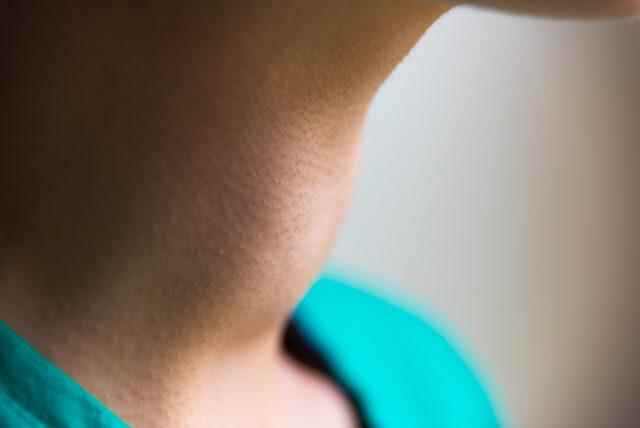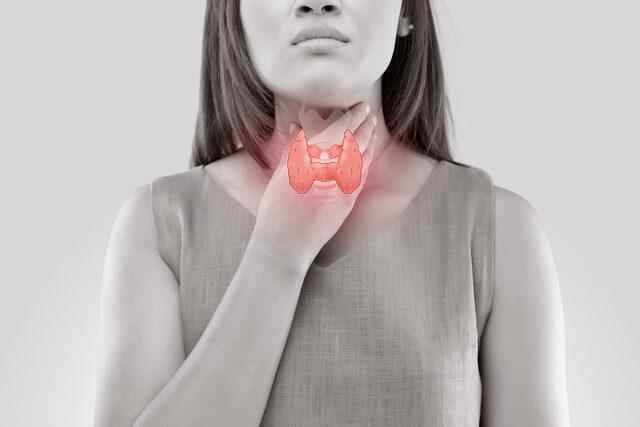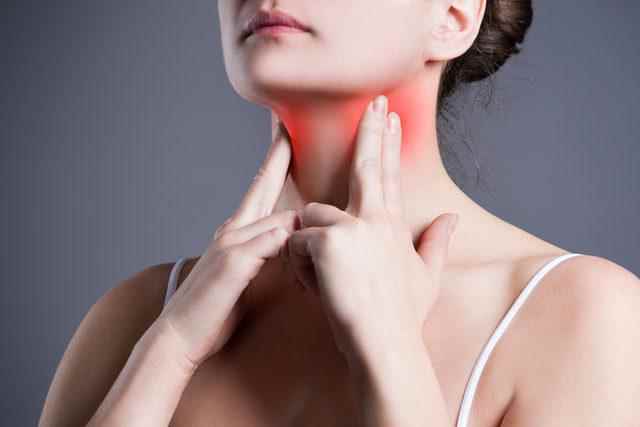The thyroid gland is a tissue in our neck that secretes hormones in the form of a shield. This tissue is where the thyroid hormones T3 and T4 are made and secreted. The hormone we call TSH (thyroid stimulating hormone), which controls the secretion of these hormones, is secreted from the pituitary gland in the brain and enables the thyroid gland to produce thyroid hormone.
There are many diseases of the thyroid gland. Under-functioning of the thyroid gland, over-working, and nodules that secrete or secrete hormones in the thyroid gland are possible diseases. Hashimoto’s Disease is also the most common disease that causes underactive thyroid gland.
Hashimoto’s Disease is known as chronic lymphocytic thyroiditis. The most common cause of thyroid hormone deficiency (hypothyroidism) is Hashimoto’s Disease. Although it primarily affects middle-aged women, it can be seen in men or women of any age.
HASHIMOTO’S DISEASE SYMPTOMS
Hashimoto’s Disease usually progresses over years, causing thyroid gland damage and thyroid hormone deficiency. The resulting symptoms occur due to thyroid hormone deficiency (hypothyroidism).
- Weakness
- Tiredness
- Constipation
- thickening of the skin
- hair shedding
- get cold fast
- Depression
- nail breakage
- language growth
- Getting fat
- Forgetfulness
- Irregular period

If you have some of these symptoms, it may be helpful to have your thyroid function tests checked. If hypothyroidism is not noticed, over time, the thyroid gland will be more stimulated to secrete hormones and therefore the thyroid gland will enlarge. An enlarged thyroid gland can make your neck look thick. In addition, when the thyroid gland enlarges, it can press on the esophagus and trachea, causing difficulty in swallowing or shortness of breath.
HASHIMOTO’S DISEASE RISK FACTORS
Gender: Women have a much higher risk of developing Hashimoto’s Disease.
Age: Hashimoto’s Disease occurs mostly in middle age.
Extends: The risk is greater if you have a family history of Hashimoto’s or other autoimmune diseases.
Radiation exposure: Exposure to excessive levels of environmental radiation increases the risk of Hashimoto’s Disease.
HASHIMOTO’S DISEASE TREATMENT
Treatment of Hashimoto’s Disease may only involve monitoring or medication. If you do not have any findings suggestive of hormone deficiency and your thyroid gland is functioning normally, your doctor may find that only follow-up is sufficient. If necessary, synthetic thyroid hormone levothyroxine, dietary changes, weight loss, vitamin or mineral supplements may be recommended.

If your doctor deems it appropriate to start levothyroxine, he or she may recommend controls at 6-8 week intervals until your hormone balance is restored. If you have heart diseases and excessive hypothyroidism, your hormone balance can be planned more slowly, otherwise the risk of worsening heart diseases may increase. In addition, an overdose of levothyroxine can cause bone mineral loss and osteoporosis. When used in the appropriate dose range, almost no side effects related to levothyroxine are seen.

It is very important to use the medicine recommended by your doctor every day without forgetting the recommended dose. Since some drugs may interact with levothyroxine, you should definitely share the additional medications you will use with your doctor.
When Hashimoto’s disease and other thyroid diseases are managed properly, they can be kept under control without affecting your quality of life.
